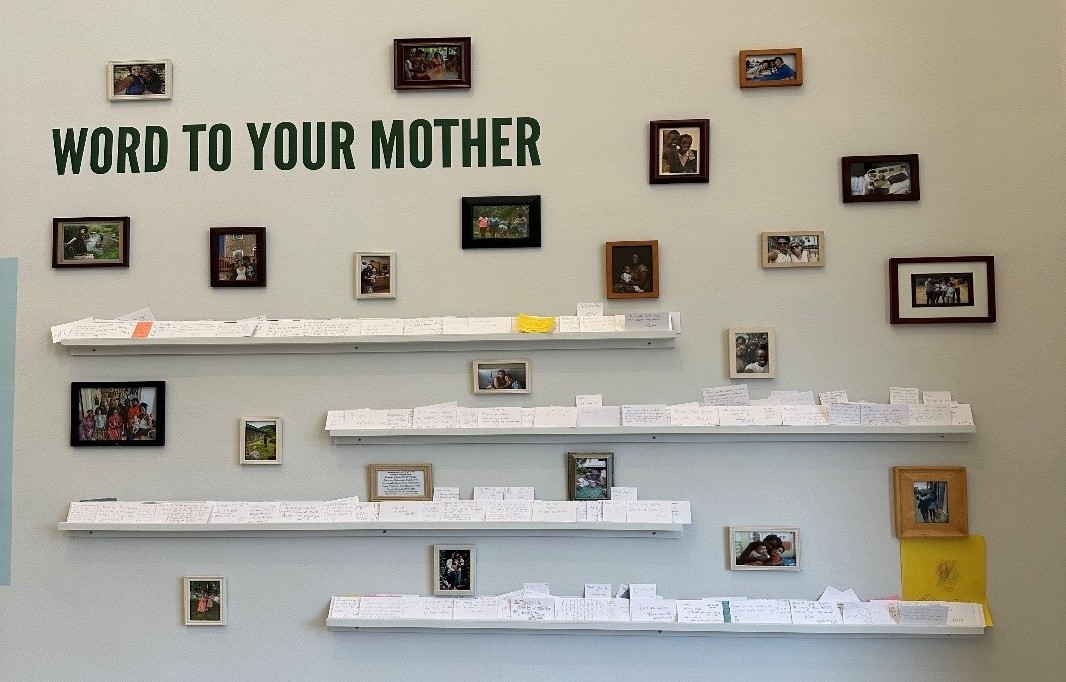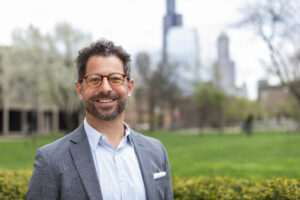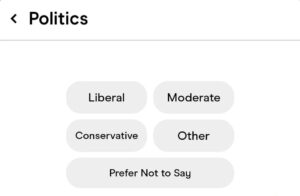April 30, 2009 – Ryan Knight will graduate in May, after four years at Columbia College – a rarity at a school that, according to collegeboard.com, posts a 65 percent return rate among students from year to year.
Knight, a 22-year-old senior from Sterling Heights, Mich., will earn a degree in film. As a student athlete, he is a rare breed in a school that seems to pride itself on the absence of sports.
“There isn’t a great deal of support [for sports] from our administration. Some members feel that sports at Columbia will steer away the artist and welcome the athletes, which Columbia is not about,” said Knight.
Knight, the starting catcher and team president of the Columbia Renegades baseball team, said the challenges of being a student athlete at Columbia are legion. “There aren’t too many facilities to use without paying for them,” Knight said. “Chicago is expensive and so is rental time for cages or gyms and even our field.”
Columbia rents a baseball field at the University of Illinois at Chicago. Instead of being held in a baseball-friendly facility, practices are often held in the Roosevelt University gym. When the Chicago weather gets warmer in the spring, Columbia’s baseball team moves its practices to Grant Park.
The lack of an adequate practice facility directly correlates to the Renegades’ 1-11 record at this point in the season. This presents yet another challenge for Columbia athletes – staying motivated despite their teams’ losing records.
Knight said that while he hates losing, he finds motivation from other aspects of collegiate athletics.
“It is still fun to play baseball at Columbia. Yeah, it sucks losing. But when I look back on it, I am still playing the game I love at a competitive level when I thought it was all over for me four years ago [after high school],” said Knight.
He continued, “I asked the team in the huddle after our last loss, ‘What is fun about baseball?’ Fifty percent of them answered with winning. My answer to everyone was the fact that at 22 I am still playing competitively and representing my school.”
< ![endif]–> <!– /* Style Definitions */ p.MsoNormal, li.MsoNormal, div.MsoNormal {mso-style-parent:””; margin:0in; margin-bottom:.0001pt; mso-pagination:widow-orphan; font-size:12.0pt; font-family:”Times New Roman”; mso-fareast-font-family:”Times New Roman”;} @page Section1 {size:8.5in 11.0in; margin:1.0in 1.25in 1.0in 1.25in; mso-header-margin:.5in; mso-footer-margin:.5in; mso-paper-source:0;} div.Section1 {page:Section1;} –>
< ![endif]–>
Despite having a love and enjoyment of sports since preschool, Knight said it did not play a role in his decision to attend Columbia.
“I actually was recommended to attend Columbia by an adviser for the [Chicago] Art Institute,” Knight explained. “She told me that Columbia had more of the program I was looking for.”
Knight said he found out about baseball at Columbia through an information booth the team had set up when he attended freshman orientation. After playing on the team his freshman year, he took over the job of team president, a position that Knight says entails more paperwork than anything else.
According to teammate and close friend Scott Kerr, the job of team president is not the only extra responsibility Knight takes. “ He organizes the games, takes care of the financial end and coaches the team,” said Kerr.
Dedication, Kerr adds, is one of Knight’s essential characteristics. “With anything that he does, he always puts his best foot forward and is determined to deliver the best possible results. Whether it be on the field or work, Ryan always seems to stride for excellence,” said Kerr.
Though he plans to graduate in May, Knight questions the future of the baseball program at Columbia. He wonders about Columbia’s access to the Roosevelt University gym, which Roosevelt plans to tear down to build a massive new academic complex.
“I don’t know where the team will practice next year. I hope that the administration gets their stuff together and figures out where the options will be,” said Knight.






Be First to Comment